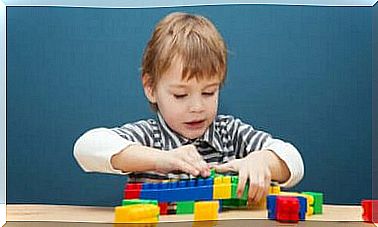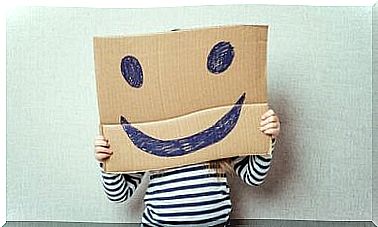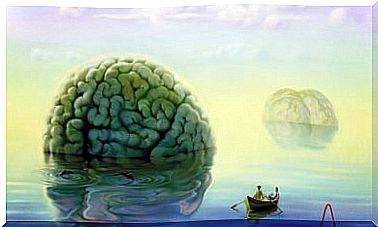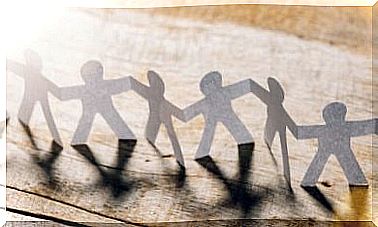Nothing Changes If Nothing Changes

Do you want to make a change? So why do you always do the same things? Repeating a behavior is not very effective, as you get used to it in the long run. To get a better result, you always have to change, try something new. Nothing changes until something changes.
Let’s take physical training for example. When we perform an exercise such as pushups, the body experiences a stimulus that strains the muscles until muscle pain sets in. Persevering in the practice of the exercise will lead to a reduction in pain, as we will get used to it more and more.
The more systematically we perform the exercise, the less pain we will feel and the less effect it will have on us. But how does all this translate into everyday life?
Nothing changes if nothing changes … Find out in this article how to get out of deadlocks .
Nothing changes if we always behave the same way
Yes, the more we do something, the less impact it will have on us. A behavior or a series of habits can make us improve at a given moment in our life, but over time the effect tends to diminish.
The same happens when you start exercising. At the beginning with three training sessions a week, you can get excellent results, but over time the body gets used to the effort and you will have to work harder to improve. Otherwise, the body will stall and may even return to its previous condition.

Another example is the use of stimulant and / or addictive substances, such as caffeine, alcohol, tobacco and drugs. At the beginning it takes very little to obtain the desired effect, but over time it will take more and more to obtain the same result, because the body gets used to the dose and this no longer has the same effect.
But it still happens with weight loss: in the beginning improving eating habits, drinking enough water, playing sports, controlling stress, sleeping better, etc., allow us to lose weight. However, as soon as the body gets used to it, weight loss slows down dramatically.
In all cases where we have experienced a stalemate, it simply happens that we are in a new baseline. To improve, we need to change something so that we can achieve the change we seek.
Change to improve
Doing the same thing over and over, even if it worked for a long time, will ultimately lead to a deadlock. The real problem is not getting stuck, but not realizing that you have to change your strategy.
In reality, there is nothing wrong with achieving stagnation. We worked hard to get there. Instead of complaining, let’s congratulate ourselves on the results and think about what changes to take to improve further.
Repetition in the context of a workout allows the muscles to adapt to the exercise. If you keep doing it, you won’t get any further improvements (you won’t gain muscle mass, you won’t get stronger, you won’t increase endurance or speed, etc.). If it doesn’t hurt, there is no improvement. The same applies to habits and personal growth: if there is no fatigue, there is no improvement.

But why not settle for what we have already achieved? Why change if what we do has offered us improvements and we are satisfied with them? Why want more if what we have is enough?
It is not a question of ambition, but of personal satisfaction. If more can be achieved, why not go further? In any case, adapting and remaining in a stalemate has a terrible consequence: boredom. And when we get bored, we start giving in. And when we give up, we start losing.
Changing for improvement keeps us motivated and active, not only for achieving goals, but also for maintaining them.









